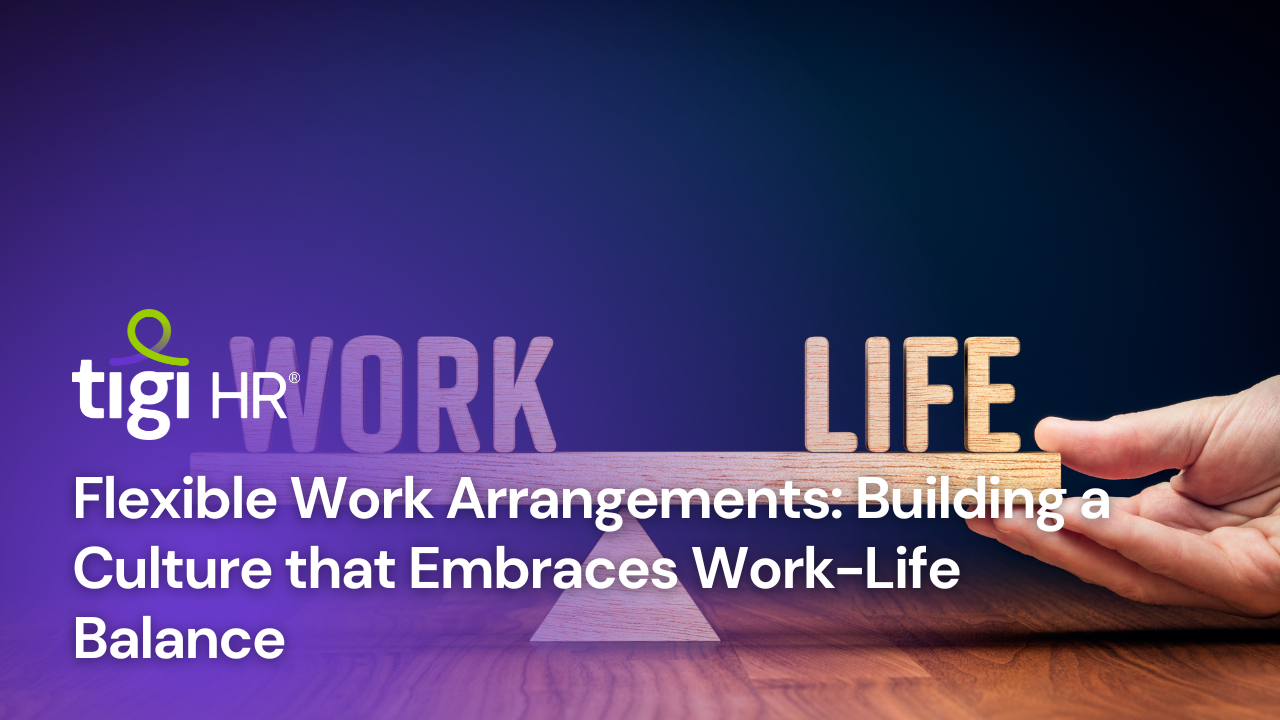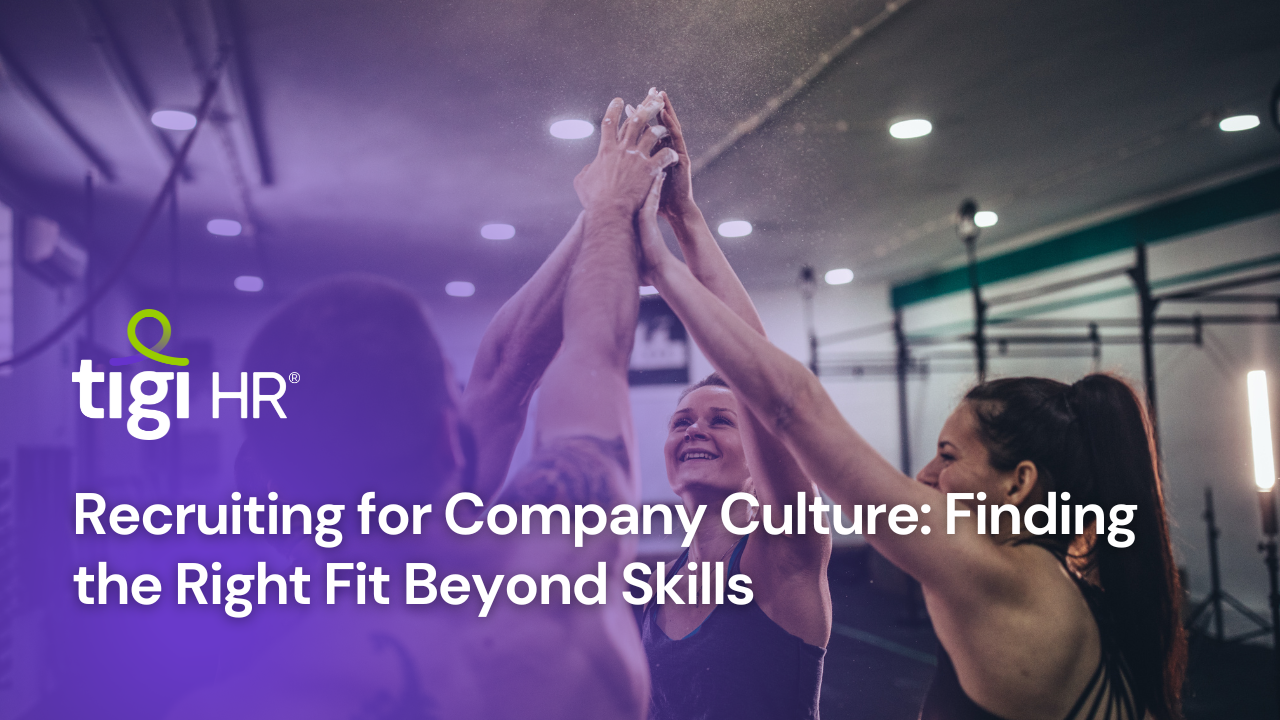In the realm of modern work, the conventional concept of rigid office hours is undergoing a transformative shift. With technological strides and shifting work dynamics, the spotlight is on flexible work arrangements – a gateway to a more harmonious work-life balance. The fusion of work and personal life in a seamless manner is the crux of this revolution. This article delves into the significance of flexible work arrangements, their far-reaching advantages, and the art of cultivating a corporate culture that thrives on this progressive approach.
**Unraveling the Essence of Flexible Work Arrangements**
Flexible work arrangements encapsulate a range of options that deviate from the conventional, time-bound office structure. Remote work, flextime, compressed workweeks, and job sharing are some facets of this dynamic approach. The core principle is to empower employees to tailor their work schedules and surroundings to align with their personal lives and peak productivity hours.
**Mutually Beneficial Outcomes for Employees and Employers**
1. **Harmonized Work-Life Equation**: Flexible work arrangements pave the way for employees to achieve a nuanced equilibrium between their personal and professional commitments. This equilibrium curtails stress, burnout, and cultivates overall well-being.
2. **Amplified Productivity**: Many professionals attest that when they have the reins to mold their workspace and schedule, their productivity soars. This empowerment lets them synchronize their work hours with their optimal concentration periods, resulting in elevated output quality.
3. **Talent Magnet**: Organizations offering flexible work arrangements are a magnet for top-tier talent. This aspect is particularly resonant among millennials and Gen Z, who place immense value on work-life balance when considering job options.
4. **Diversity Catalyst**: Flexible work arrangements are all-encompassing, catering to various life circumstances like parenthood, caregiving, and disabilities. This inclusivity translates into a diverse workforce.
5. **Cost Efficiency**: By embracing remote work, companies can trim overhead costs tied to physical office spaces and related expenses, leading to substantial savings.
**Insights and Data to Illuminate the Path**
A study by FlexJobs revealed that a staggering 74% of respondents believe that flexible work arrangements would amplify their allegiance to their employer. Furthermore, 82% of participants indicated that embracing flexibility would alleviate their stress levels. These figures underscore the significant role flexible arrangements play in bolstering employee commitment and well-being.
A study by the World Economic Forum underscored that flexible work arrangements can usher in a remarkable 22% surge in employee productivity. The key driver behind this enhancement is that employees can structure their work hours to coincide with their most productive periods, thereby augmenting the quality of their output.
**Nurturing a Culture of Adaptability**
1. **Open Channels of Communication**: Establish transparent guidelines for flexible work arrangements, including expectations, communication protocols, and performance metrics. Clarity is pivotal in ensuring that employees comprehend their roles and sustain effective collaboration.
2. **Exemplary Leadership**: Leadership should lead the way by embracing flexible work arrangements. When employees witness their leaders embracing these practices, they are more likely to follow suit.
3. **Technology and Infrastructure**: Furnishing remote workers with the necessary tools and technology is paramount. This ensures that employees can seamlessly collaborate, communicate, and access resources irrespective of their location.
4. **Outcomes, Not Hours**: Transition from measuring work based on hours clocked to evaluating outcomes achieved. This shift empowers employees to manage their time astutely while prioritizing results.
5. **Frequent Feedback and Check-Ins**: Managers should maintain consistent communication with remote or flexible employees, providing feedback, addressing concerns, and upholding engagement and alignment with team objectives.
**Concrete Instances in Action**
1. **IBM**: Renowned for transitioning a substantial chunk of its workforce to remote work, IBM reaped cost savings and a remarkable 20% productivity upswing.
2. **HubSpot**: With unlimited vacation days and flexible work hours, HubSpot witnessed a surge in job satisfaction and retention rates.
3. **Microsoft**: By implementing a “Work-Life Choice Challenge” where employees could opt for a four-day workweek while receiving full-time pay, Microsoft observed a staggering 40% surge in productivity.
**Challenges and Deliberations**
While flexible work arrangements come with a plethora of benefits, challenges include sustaining effective communication, nurturing team cohesion, and evading feelings of isolation among remote workers. Additionally, not all roles are suitable for remote work due to their nature or security considerations.
**Conclusion**
The epoch of flexible work arrangements marks a paradigm shift, catering to the evolving requisites and anticipations of the contemporary workforce. Organizations that embrace this dynamism carve out a culture that champions employee well-being, nurtures allegiance, and kindles productivity. The statistics and insights that underpin the affirmative outcomes of flexible work arrangements are testaments to their profound significance in sculpting the contours of tomorrow’s work sphere.
To harness the perks, companies must outline lucid guidelines, leverage technology adeptly, and cultivate a results-oriented ethos. Real-life illustrations spotlight how pioneering organizations seamlessly integrated flexible work arrangements, reaping substantial rewards. As the work horizon continues to evolve, a culture that embraces adaptability is on the cusp of becoming the hallmark of progressive enterprises, drawing top-tier talent and fostering a thriving, harmonious workforce.











